Traces (Piano/Full Score)
-
Ships in 1 to 2 weeks
Details
Description
SKU: EC.LMP021
Composed by Kareem Roustom. Non Hymn-Based. 21st Century. Full score. E.C. Schirmer Publishing #LMP021. Published by E.C. Schirmer Publishing (EC.LMP021).Program Notes:
Kareem Roustom (b. 1971)
Traces is co-commissioned by the Apple Hill Center for Chamber Music, ASU Gammage at Arizona State University and The Hopkins Center, Dartmouth College for clarinetist Kinan Azmeh, pianist Sally Pinkas and the Apple Hill String Quartet. The premiere will take place in November 2013 at Dartmouth College followed by a second performance at ASU in early 2014.
Since the beginning of the popular uprising in Syria and the subsequent government crackdown, which was the catalyst for the current civil there, all of my concert music works have reflected on that situation. Traces, which is the largest work in this series, is a meditation on loss: both the loss of people and infrastructure as well the loss of a sense of place and connection that one has with a place. On the formal level, Traces takes its title and inspiration from a genre of pre-Islamic poetry that often begins with the poet and his companions returning to a desert campsite where his beloved lives only to find that the camp has been broken and all its inhabitants have moved to another site that is unknown to the poet. All that is left behind are al-atlaal or traces, of the site’s former in habitants. Arguably, the most famous of this genre of poetry is Al-Mua’llaqa by Imru’ al-Qyas (d. 542 A.D.). The opening lines that most reflect the spirit of Tracesarebelow:
Halt, my two friends. Let us weep, recalling a beloved and an abode by the edge of the twisted sands...
The encampment traces have not yet been effaced for all the weaving by the winds from the north and south...
There my companions halted their beasts awhile over me, saying, "Don’t die of grief; show some restraint!"
Yet the cure for my sorrow is indeed an outpouring of tears. But is there, among disappearing remains, a prop for me?
One of the basic melodic themes of Traces is based on an old nationalistic song that was often broadcast on television during my childhood in Damascus. The song, called Oh Syria my beloved (Suriya ya habibati) is in a maqam, or scale, called Kurd and begins with a melodic line that descends by whole steps and then cadences to the lower tonic with a triplet figure. This song, and the very nationalistic video that accompanied it, was an annoyance to my siblings and me because it often delayed our afterschool cartoon programs. Because of its constant re-airing, it carved out an indelible part of my auditory memory; but its nationalistic overtones were never ones that I connected with, and for many years its memory was buried in my subconscious. However, after civilian deaths began mounting in Syria, I came across a reinterpretation of this song, made by a Syrian percussionist based in Europe, that was scored for clarinet and marimba. This reimagined version of this song was full of grief and sadness, and it took on a whole new meaning. Like the poem of Imru’ al-Qays, it became a meditation on loss as I watched the place I once called home, and my memory of it, disintegrate, leaving behind only traces of what once was.
Kareem Roustom
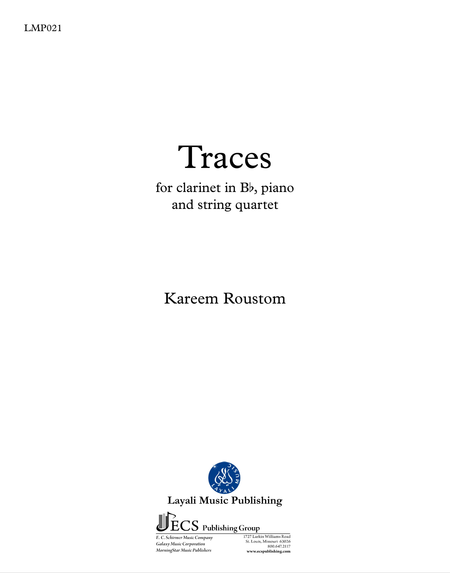
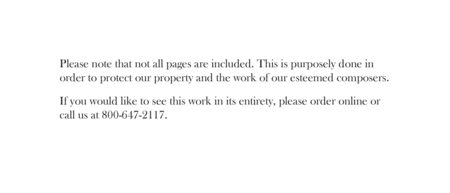
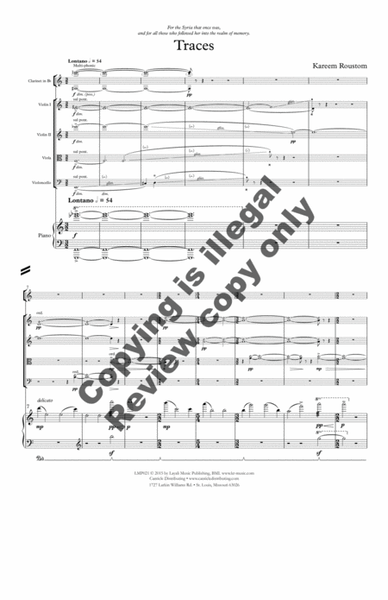
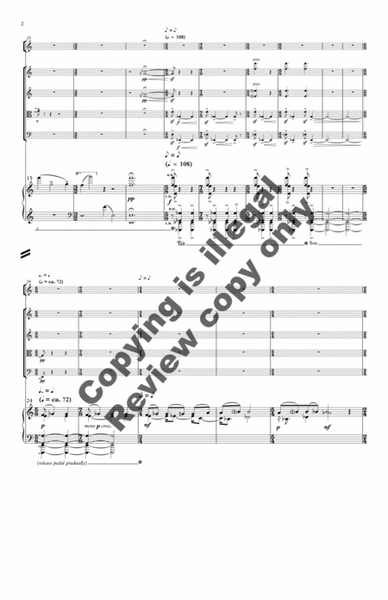
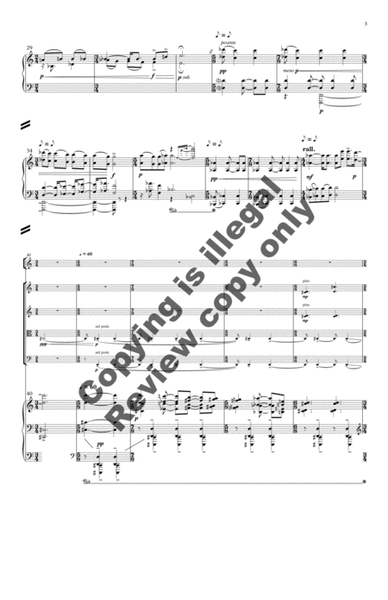
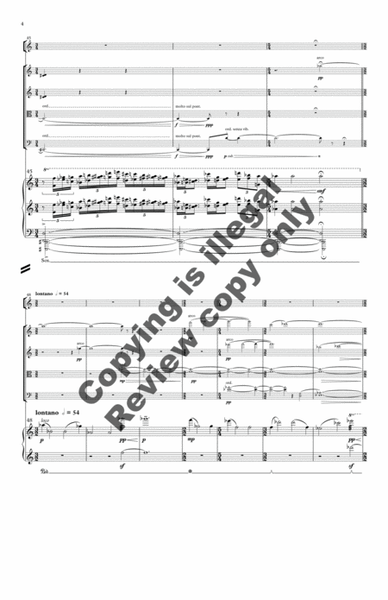
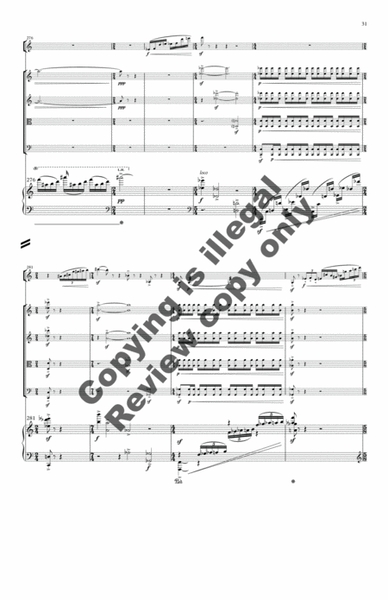
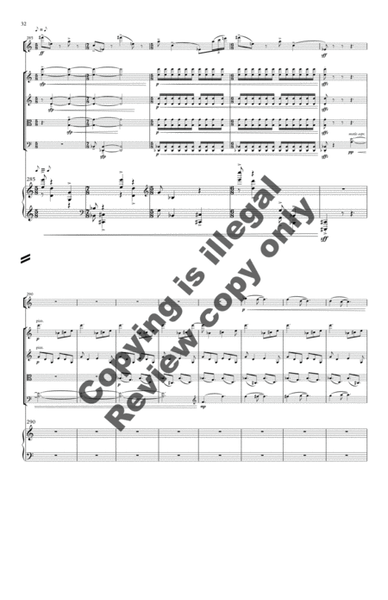
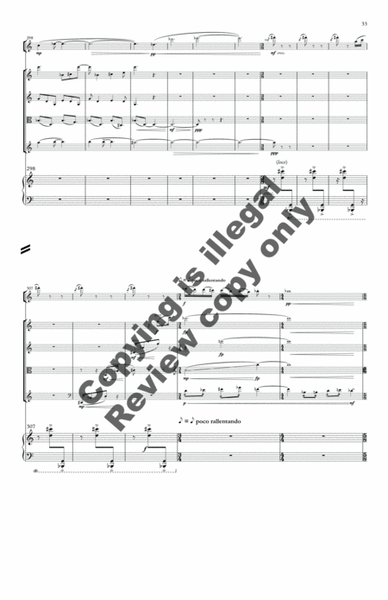
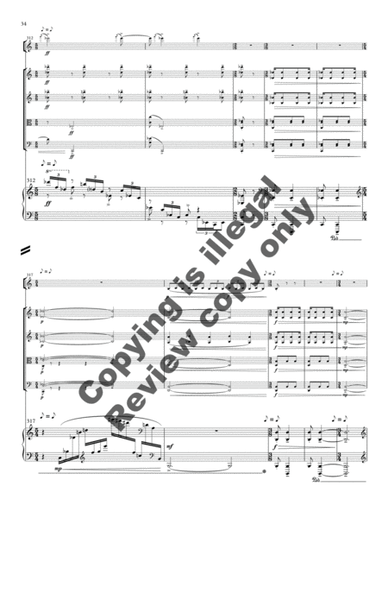
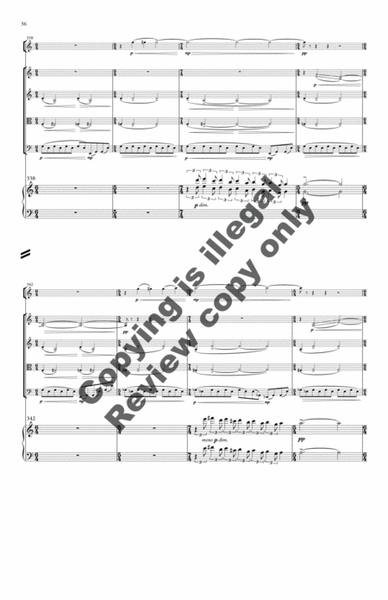
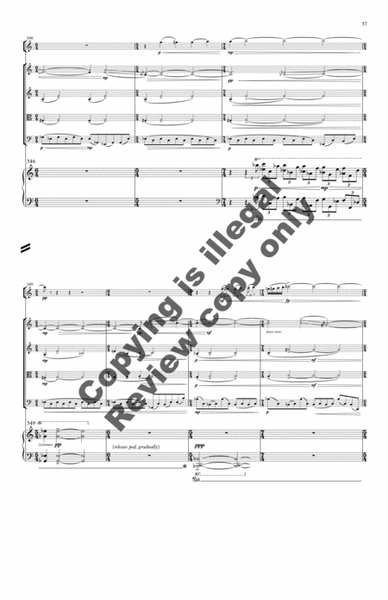
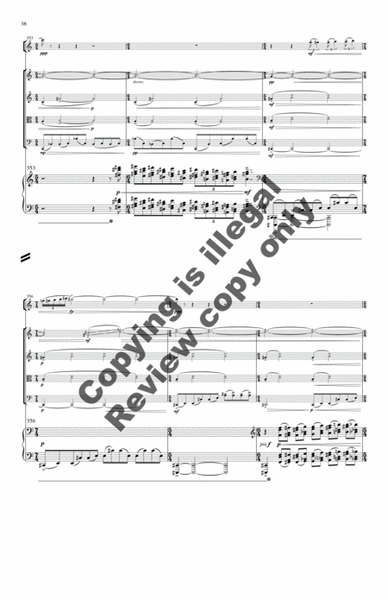
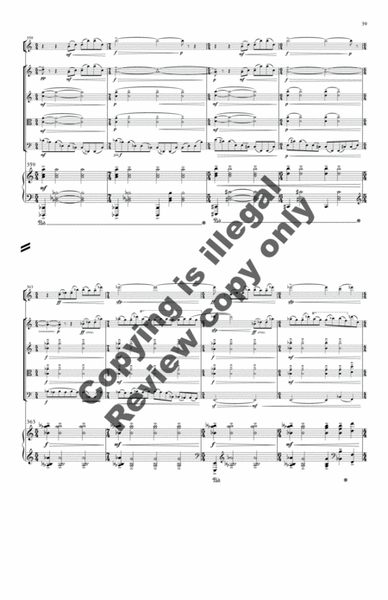
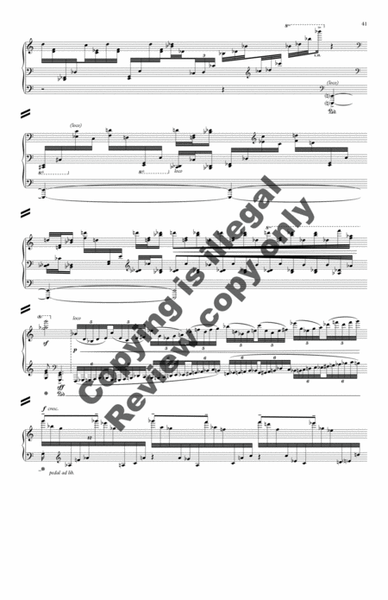
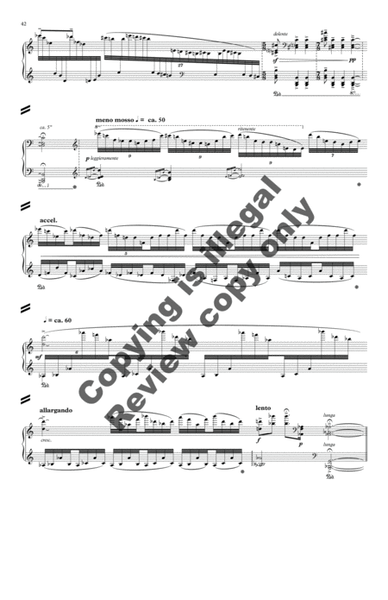
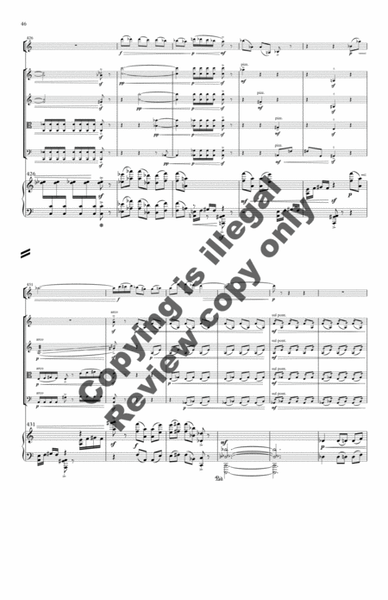
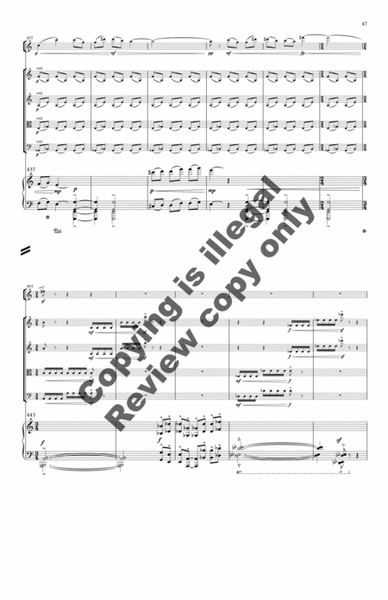
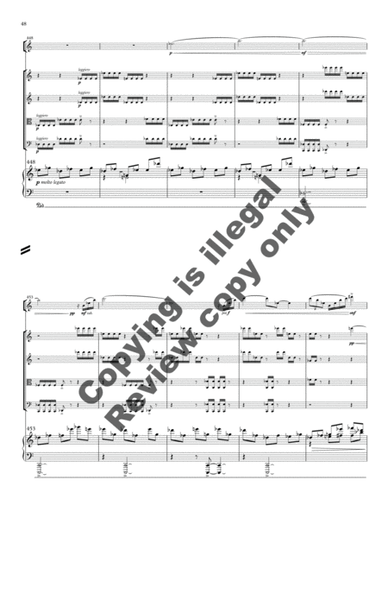
 Share
Share